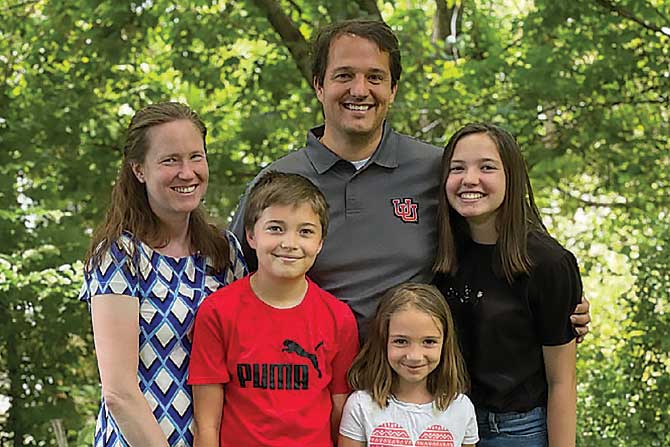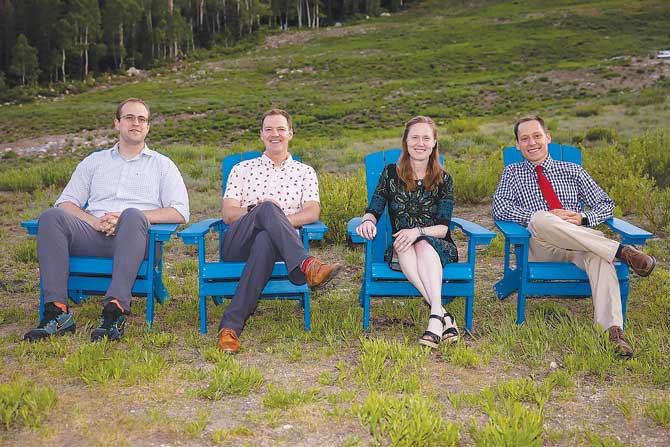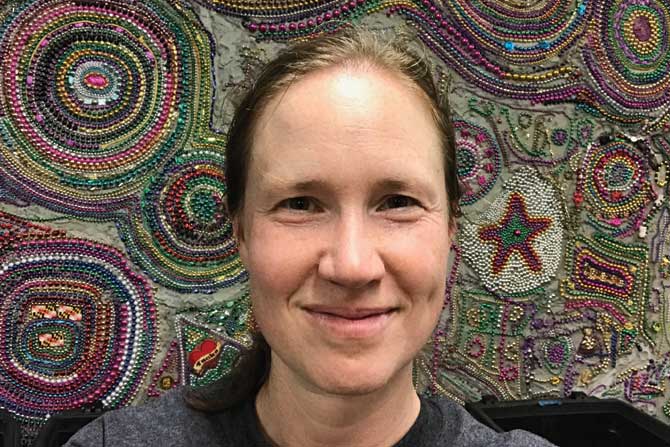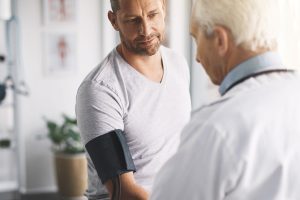Melanie Dance, MD, MPH, remembers March 15, 2019, differently than most of the nearly 3,900 other medical students and graduates who matched into family medicine that day. There was no Match Day celebration at a medical school and no highly anticipated envelope to open with family.
Dance dropped off her three children at school, parked her car and waited, alone, for a life-altering email.
“Having had the experience the year before of not matching, I knew there was a good chance I might never match,” said Dance, a third-year resident who teared up recalling her match with St. Mark’s Family Medicine Residency in Salt Lake City. “I realized that might mean I could never be a doctor again, and I had missed it for a long time. The reality that I could and would be a doctor again was a really big deal.”
Dance had actually matched once before. After graduating from the University of California-San Francisco School of Medicine in 2006, she headed home for surgical residency at the University of Utah. Dance’s husband remained in California to finish medical school while she started residency with their first child in tow.
Dance said her breast milk dried up during her first week of residency because she didn’t have time to pump, and she rarely saw her infant daughter awake. Midway through her second year of training, she made the difficult decision to walk away.
“I loved being a doctor,” she said. “I loved surgery, but I just could not make that work with our family situation.”
Being a mother changed Dance’s perception of health care and what she wanted when, and if, she could return to it.

“Once I had my own family and got involved in my own community, I recognized all the different ways that health affects people,” she said. “Motherhood makes you more patient, and I was in a better position to talk to people about their health and how their family affects their health. Those things have become so real for me that I wanted to include that as part of what I did in the future, and that made primary care a really obvious choice. It has been the best fit for me.”
Dance tried to keep a foot in science and medicine, teaching physiology at a community college for nine years and volunteering as a health coach and diabetes educator at a free clinic.
When the youngest of her three children started elementary school, she went through the Match in 2018. She applied to every family medicine program in Utah but did not match. She followed up with all four programs to ask what she could do differently or better, but three of the programs told her not to bother because she had been out of school too long for them to consider her application.
“I knew what my application looked like to other people,” she said. “It looks like I had a 10-year hole.”

Motherhood makes you more patient, and I was in a better position to talk to people about their health and how their family affects their health. Those things have become so real for me that I wanted to include that as part of what I did in the future, and that made primary care a really obvious choice. It has been the best fit for me.”
St. Mark’s, a small, community-based program that takes just four residents per year, encouraged her to try again. Dance made the most of her opportunity, serving on the program’s GME committee and as a chief resident, as well as the resident member of the Utah HealthCare Institute Board of Trustees. Her duties as chief include scheduling the residents and serving as the official liaison between residents and faculty.
“I want to make sure that our residents who are breastfeeding have a schedule that is going to accommodate that because no one gave that to me when I was breastfeeding a baby during my first residency,” she said. “Medicine isn’t helpful for women and mothers in a lot of ways. If there’s a way that I can help with that based on my life experience, I want to be a part of that.”
Dance said she has learned a lot from younger residents but hopes they can also benefit from her experience.
“That’s what’s so beautiful about medicine, is that it’s a community of learning,” she said. “Family medicine, in particular, doesn’t have to be a hierarchy of learning. It can be, look at who has different experiences and different skills, and learn from a person who knows a lot about a certain topic. Be humble enough to learn from people who might not be as advanced as you are in your career but still have so much to offer.”
Dance completed her Master’s in Public Health in June and will graduate from residency next summer. “They have been so complementary,” she said. “Family medicine and public health have to go hand in hand, and it has been so beneficial to me to be able to get the formal training in public health because I’ve used it every single day as part of being a family medicine physician.”
Dance researched and created a tool implemented this summer to screen patients for challenges related to social determinants of health. For her efforts and perseverance, Dance was one of 12 winners of the AAFP’s Award for Excellence in Graduate Medical Education.
She offered this advice for people who don’t match their first time through the process: “Keep trying. It was difficult to step away, but it’s been worth it to come back.”
This Article was originally published by AAFP in Oct. 2021









